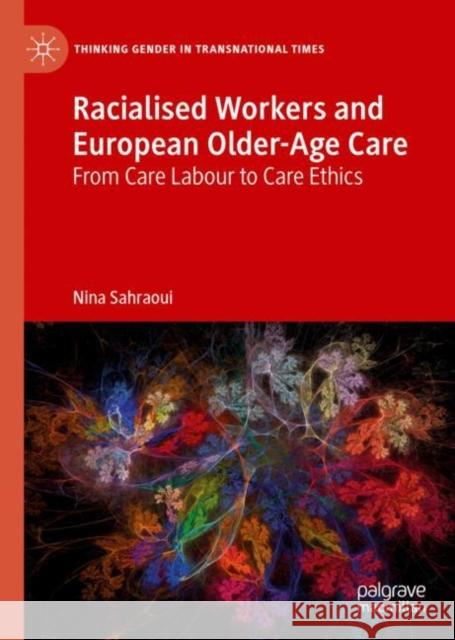Racialised Workers and European Older-Age Care: From Care Labour to Care Ethics » książka
topmenu
Racialised Workers and European Older-Age Care: From Care Labour to Care Ethics
ISBN-13: 9783030143961 / Angielski / Twarda / 2019 / 277 str.
Racialised Workers and European Older-Age Care: From Care Labour to Care Ethics
ISBN-13: 9783030143961 / Angielski / Twarda / 2019 / 277 str.
cena 281,76
(netto: 268,34 VAT: 5%)
Najniższa cena z 30 dni: 269,85
(netto: 268,34 VAT: 5%)
Najniższa cena z 30 dni: 269,85
Termin realizacji zamówienia:
ok. 22 dni roboczych
Dostawa w 2026 r.
ok. 22 dni roboczych
Dostawa w 2026 r.
Darmowa dostawa!
Kategorie:
Kategorie BISAC:
Wydawca:
Palgrave MacMillan
Seria wydawnicza:
Język:
Angielski
ISBN-13:
9783030143961
Rok wydania:
2019
Wydanie:
2019
Ilość stron:
277
Waga:
0.51 kg
Wymiary:
21.01 x 14.81 x 1.75
Oprawa:
Twarda
Wolumenów:
01
Dodatkowe informacje:
Wydanie ilustrowane











